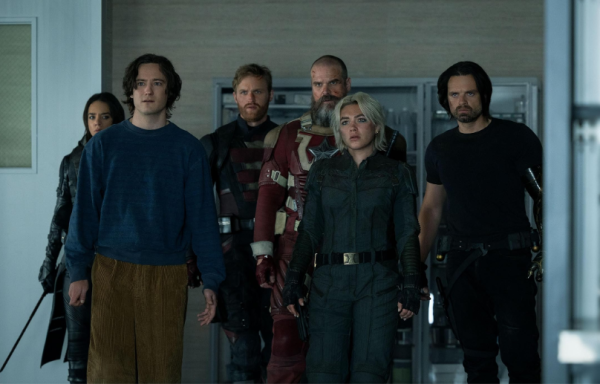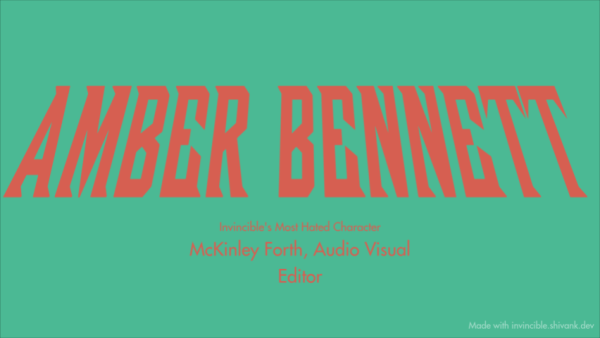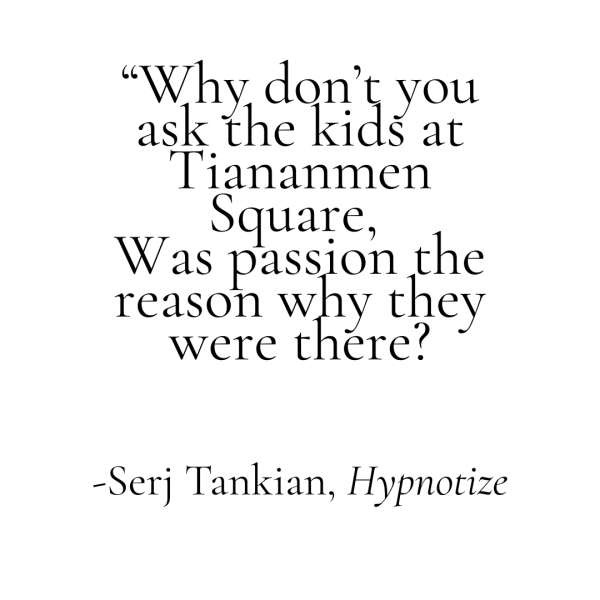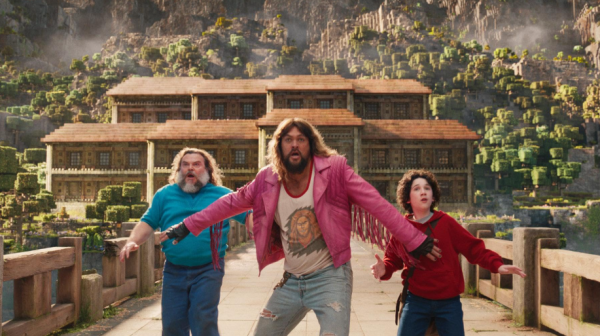Feminism takes over Marvel comics
Female representation has often surfaced a hot button issue in comic books, such as hyper-sexualization. However, comic books have still come a long way.
The medium has shown numerous strong female protagonists in contrast to their early days of the “damsel in distress” portrayal. Despite such progress, many readers continue to argue whether comic books are representing females in a fair and tasteful manner.
Enter Marvel Comics 2016, ready to make waves and start progress. The comic book titan decided to incorporate themes of social justice and feminism while introducing the Marvel world to new female characters. Despite bold creative directions, Marvel has faced criticism from readers and online boards. Even though Marvel offered more comics at the time, as of August 2016 DC Comics topped the market share and had more titles in the top 10 (bleedingcool.com). What went wrong?
Many people have pointed the finger at Marvel’s content, particularly its poor job of integrating social commentary. While other factors have affected Marvel’s recent reception, such as crossover event overkill and too many relaunches, this seems to be the biggest topic for many readers and observers online.
Feminism itself isn’t a bad thing and neither are female characters. Many comics have had clever ways of adding social commentary, such as X-Men weaving in themes of discrimination with symbolism and allegory. However, when creators sacrifice the quality of the content in order to make a statement, problems arise. Due to this, several Marvel titles have left a bad taste in the mouth of readers lately.
The first problem is the genderswap. This is the simple act of switching a character’s gender rather than creating a new character. It can come off as innocuous and fun when used properly. Fans have enjoyed Batwoman and Superwoman to name examples.
But some swaps haven’t gone over as well. Jane Foster as the new Thor is a prime suspect. This new version of Thor does not offer anything new. She pales in comparison to the original Thor. She simply exists to be the female Thor.
Riri Williams is the successor to Tony Stark as Iron Man. Williams is a 14-year-old African American girl. Diverse representation is important in comic books, but it feels odd to see her replace a character who represented the rich white American capitalist man.
These comics are intended to empower females but ultimately do not help with representation. Creators should focus on making new female characters with original identities that can stand on their own rather than make simple replacements.
The next problem lie within shoehorning social commentary into writing. Social commentary is not a bad thing but it must be written with taste. Marvel has been guilty of forcing messages into its content, interfering with the story being told.
In issue five of Thor, vol. 4 (2015), Thor punches a villain while spouting the line, “That’s for saying ‘feminist’ like it’s a four letter word, creep.”
Writer Jason Aaron handles such a hot-button issue with no grace. There are other moments in the publication where the criticism and commentary on the social climate feels far too meta and detracts from the experience. Such sloppy execution takes the reader out of the experience. It begins to feel more like an opinion piece in the world of a comic book but without any of the subtlety of an allegory.
In Amazing X-Men, vol. 2, issue 7, Firestar lectures Iceman about “imposing our stupid gender constructs on an alien race.” To take a stance on a controversial subject in a hamfisted way like this not only prevents readers from taking the message seriously but also hampers the quality of the content.
Marvel has series that succeed in creating popular female heroes without the forced messages of social justice. Take Gwenpool. It is a fun series focusing on a female protagonist, Gwen Poole. Fans have embraced her with open arms. Her comic is one of Marvel’s top titles that happens to have a female main character. Does she make references to her gender and kick just as much butt as the guys? Yes. Is she tastefully written and portrayed? Yes. Is there forced commentary that feels jarring? No.
The creatives at Marvel Comics need to look at how they’ve been handling social commentary. Creating an engaging read that cleverly stitches in commentary is a big yes. Clumsily throwing in words like “mansplaining” is not the right way to approach this. Crafting original and strong female characters without constant, clunky social commentary is appreciated.





